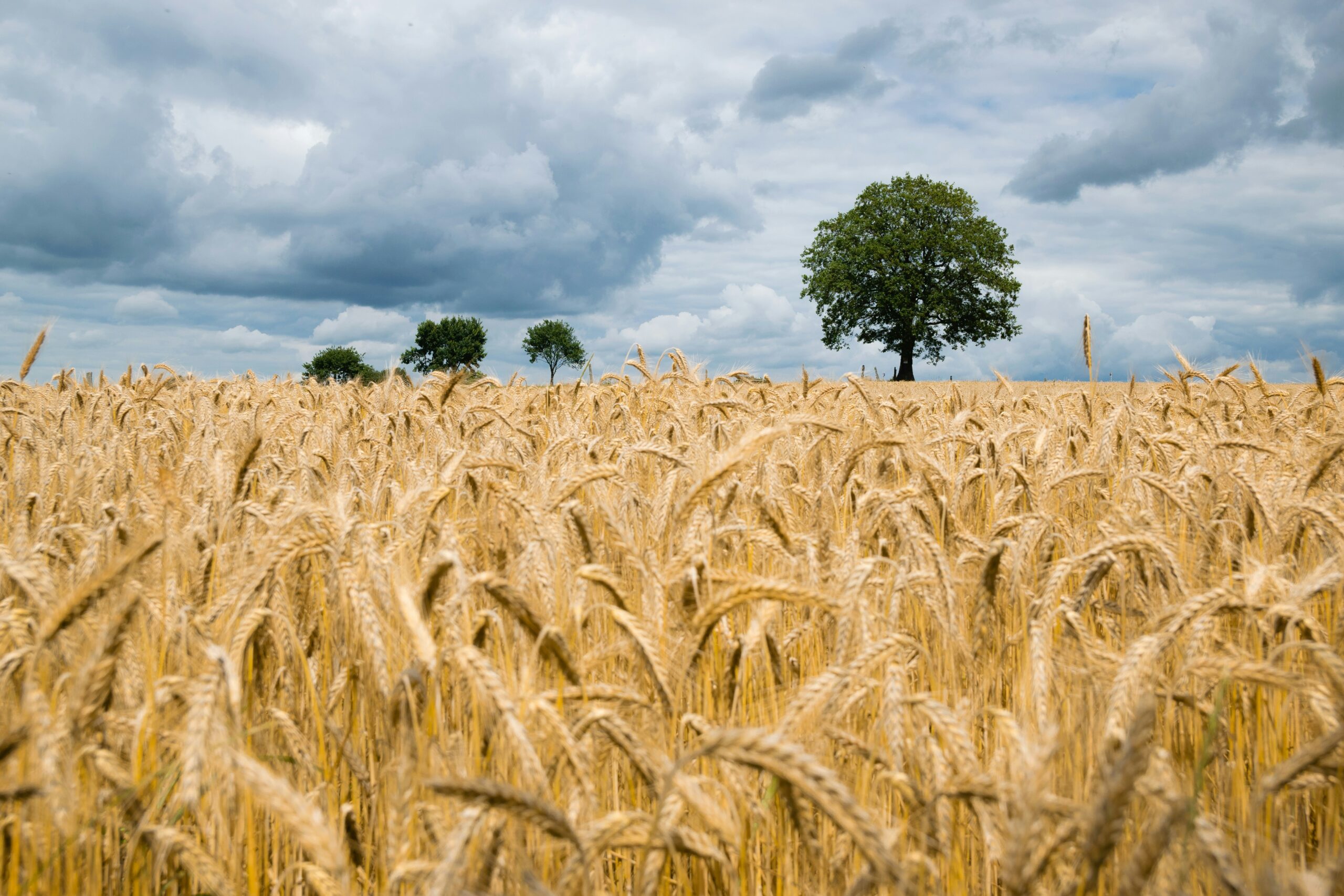
The Fast-Moving Consumer Goods (FMCG) sector in India is undergoing a period of remarkable growth, solidifying its status as the fourth-largest sector in the country. India’s diverse population, shifting consumer preferences, and burgeoning middle class create a fertile environment for FMCG companies to thrive.
The Indian FMCG industry has experienced exponential growth, with total revenue projected to reach nearly US$ 615.87 billion by 2027. According to NielsenIQ, the second quarter of 2023 saw consumption growth in the FMCG industry improve to 7.5% for all of India, marking the highest growth in the last 8 quarters. Rural markets witnessed a growth rate of 4%, while urban markets experienced higher growth at 10.2%. This growth was primarily driven by increased consumption as inflationary rates softened and there was a reduction in price increases.
To support the growth of the FMCG sector, the Indian government has implemented various initiatives and policies. These include the introduction of the Goods and Services Tax (GST), simplifying the tax structure and improving logistics efficiency. The rural market in India is witnessing significant growth due to rising incomes and increased access to FMCG products. Additionally, the country’s young population, with changing preferences and increased purchasing power, is driving demand for FMCG products.
The FMCG sector in India has seen a surge in the introduction of new branded products as consumers shift from unorganised to organised players, preferring packaged and branded snacks, personal care products, and more. The proliferation of e-commerce platforms has revolutionised the way consumers shop for FMCG products, with the convenience of online shopping and a vast array of choices driving increased adoption of e-commerce channels.
Today’s consumers are more discerning, health-conscious, and socially aware, putting pressure on FMCG companies to innovate, reformulate products, and embrace eco-friendly packaging solutions to meet evolving expectations. Additionally, the rise of Direct-to-Consumer (D2C) models has disrupted traditional retail channels in the FMCG sector, prompting established players to explore D2C initiatives to stay relevant in an increasingly decentralised market. Sharpened marketing strategies focus on offering the right value proposition to consumers, ensuring the right quality and quantity at the right price.
RTM Watch’s Take
The FMCG sector in India is riding the wave of a resurgent India, driven by favourable government initiatives, growing rural markets, and the introduction of new branded products. The growth of e-commerce platforms and the rise of D2C models have further fueled the sector’s success. However, FMCG companies need to continue adapting to changing consumer preferences and invest in innovative marketing strategies to maintain their competitive edge in this dynamic market.



































